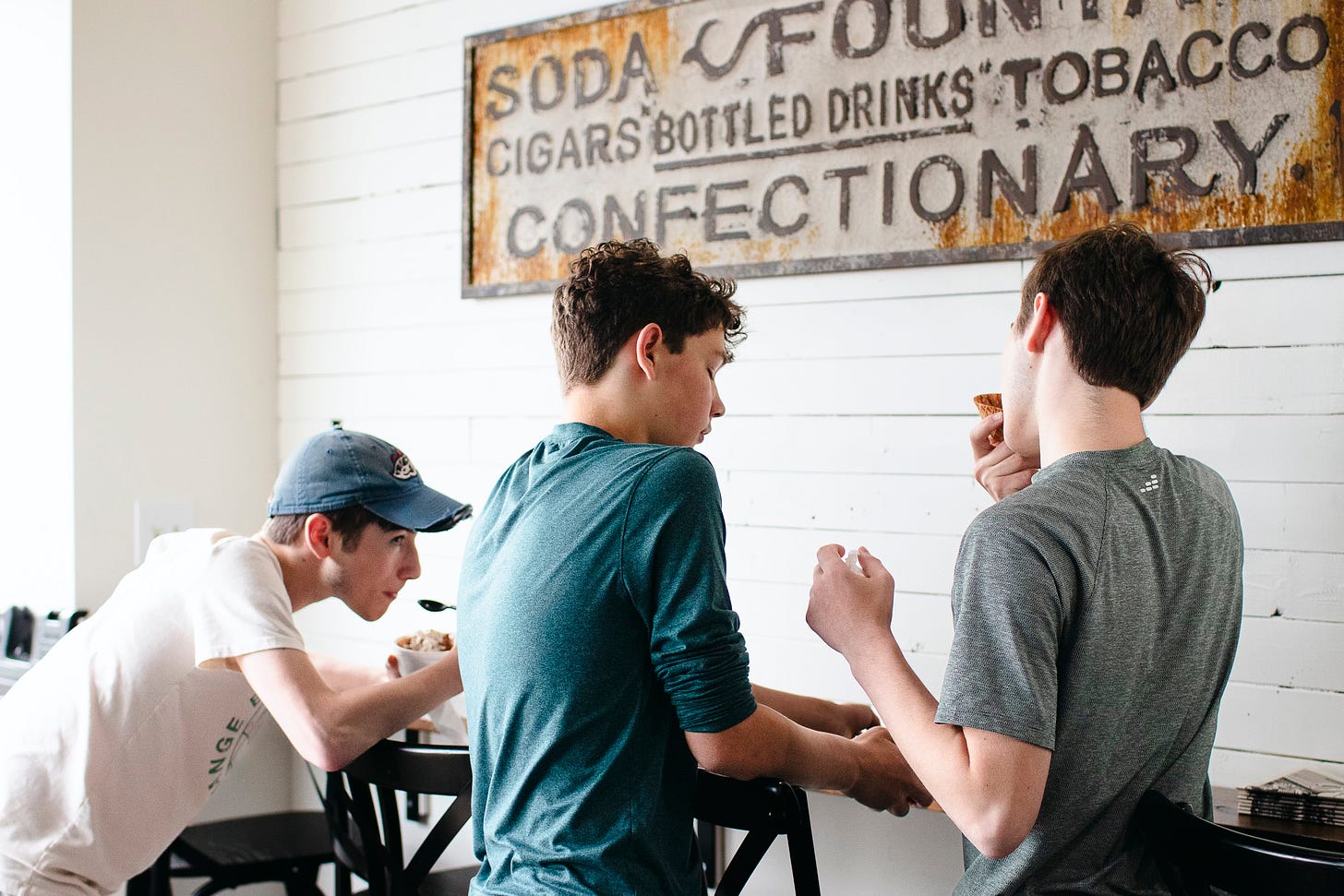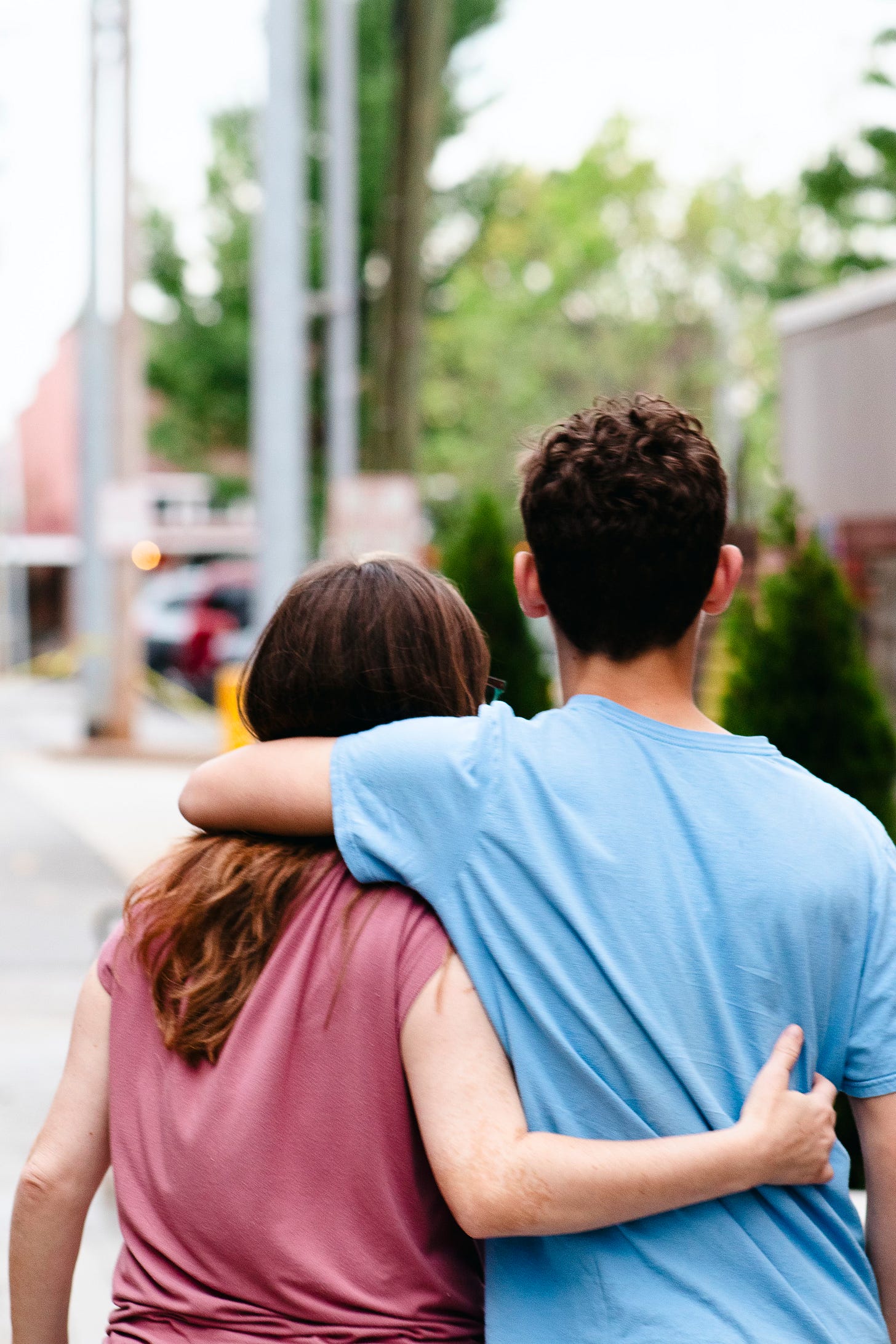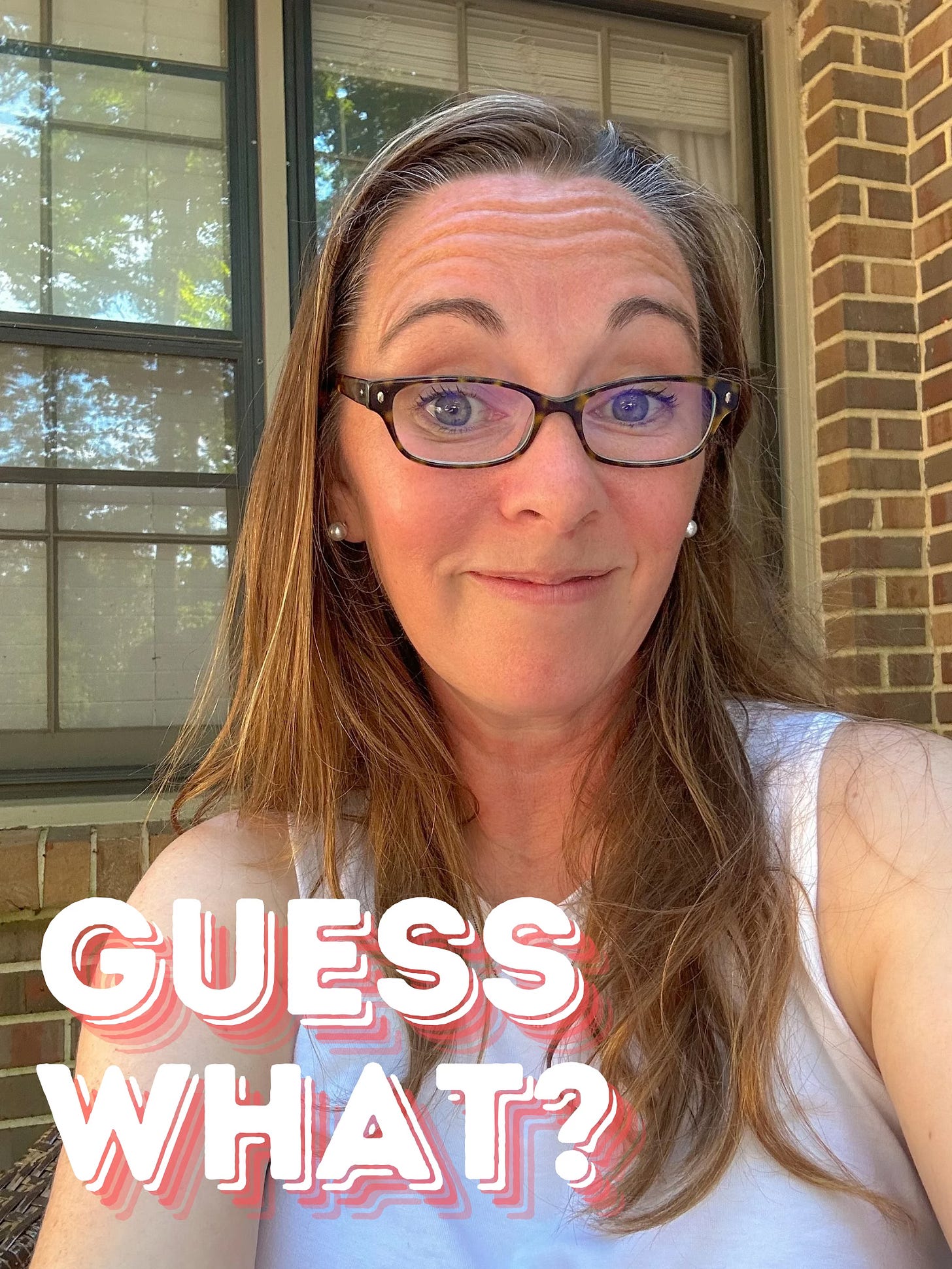On Education
The Charlotte Mason Issue
Where do I even begin?
For the better part of twelve years I have been writing (and reading and podcasting and speaking) about Charlotte Mason. I’d like to think I’ve hit that 10,000 hours expert level of knowledge about her but truth be told there is still much to learn. I’m being totally serious when I say Charlotte is in my top five people who I want to meet in heaven. I intend to have many a tea time with her discussing great books.
It seems the more you know about something the harder it is to condense that information into something tangible and simple. Something about not seeing the forest for the trees comes to mind and her philosophies have become so beautifully interwoven with our life that it’s hard to separate it out when someone asks about how we homeschool.
What is the Charlotte Mason method? Is it narration? Picture study? Music? Going outside? Good books? Yes, but….
Who was Charlotte Mason? A British educator who revolutionized the system in her time but has been all but lost to history and looked over by modern “progressive” educators? Yes, but….
Her legacy, or rather, the legacy of her educational philosophy, is so much more.
Her philosophy of education was so influential that it transcended the realms of the Victorian classroom and has been entrusted to homeschoolers and small private schools today. It traveled across the pond from lovely Ambleside in the Lake District to my beloved United States and all the way into my home in north Alabama.
How?
Through ideas.
Most wonderful things are passed this way, invisible yet impactful, like a virus we all want to catch. Ideas are contagious in the same way and become a part of your very soul if they are good enough. Then if the idea, like a fragile sapling, is nurtured and cultivated it can become a whole belief and shape your very life.
Education, you see, is a life. Charlotte Mason said that herself but she heard it (or read it, more likely) from John Dewey who ironically enough was an American. And now we’ve come full circle.
She expounded on that idea and described education as “an atmosphere, a discipline, a life.” Education, therefore, is a three-legged stool that cannot stand unless all three elements are in tact. She unpacked that idea in her sixth volume, A Philosophy of Education, by saying this:
“Seeing that we are limited by the respect due to the personality of children we can allow ourselves but three educational instruments – the atmosphere of environment, the discipline of habit and the presentation of living ideas.”
We cannot have education if we do not have an atmosphere of learning. I’m not talking about your typical primary colored overstimulating kindergarten room and more importantly Charlotte wasn’t either. Atmosphere is rather, the air we breathe which is full of ideas for better or for worse:
“Education is an atmosphere—that is, the child breathes the atmosphere emanating from his parents; that of the ideas which rule their own lives”
- Charlotte Mason, Parents and Children (Volume 2).
Discipline points to the necessity of order and regularity. This is best worked out through good habits and doesn’t happen haphazardly. It takes training and effort.
“Education is a discipline—that is, the discipline of the good habits in which the child is trained.
- Charlotte Mason, Parents and Children (Volume 2)
And life brings us right back to ideas. Ideas are not dry facts; they are living. They can grow and spread and inspire and change shape. They can change people. They can change the world.
“Education is a life, nourished upon ideas;”
- Charlotte Mason, Parents and Children (Volume 2)
Education, therefore, is not something scripted. It’s not a formula. It’s not for only certain people. It does not come in a box. It is not restricted to a timetable or a developmental chart. It is not something you ever “complete,” or at least it shouldn’t be.
So what does education mean?
Maybe more than you think.
Nelson Mandela said it “is the most powerful weapon which you can use to change the world.”
William Ralph Inge, who wrote The Church in the World (but only became known to me thanks to Thomas Banks on The Literary Life podcast), loftily said it this way:
“The ideal of education is that we should learn all that it concerns us to know, in order that thereby we may become all that it concerns us to be. In other words, the aim of education is the knowledge not of facts but of values. Values are facts apprehended in their relation to each other, and to ourselves. The wise man is he who knows the relative value of things.”
In their book, Educating the WholeHearted Child, Clay and Sally Clarkson say that the goal of education “should be to raise spiritually mature children who have both the will and the skill to learn and the desire and ability to keep learning.”
Mark Twain famously stated that he never let his schooling interfere with his education.
Charlotte Mason, in her third volume, School Education, encouraged us to look at the question of education in a fresh light:
“The question is not, -- how much does the youth know? when he has finished his education -- but how much does he care? and about how many orders of things does he care? In fact, how large is the room in which he finds his feet set? and, therefore, how full is the life he has before him?”
She also believed education was something reverant:
“This idea of all education springing from and resting upon our relation to Almighty God-we do not merely give a religious education because that would seem to imply the possibility of some other education, a secular education, for example. But we hold that all education is divine, that every good gift of knowledge and insight comes from above, that the Lord the Holy Spirit is the supreme educator of mankind, and that the culmination of all education (which may at the same time be reached by a little child) is that personal knowledge of and intimacy with God in which our being finds its fullest perfection.”
All of these examples show that education is about much more than textbooks, standardized tests, and hours clocked. Education, in short, is the cultivation of a person.
With this definition, the sky is the limit. Education is everything and anything and though you may have limited resources, state standards to meet, or specific subjects you must teach (and indeed, should teach), your child’s education does not begin and end with the three r’s. Reading, writing, and arithmetic are certainly necessary skills but there is no one perfect way that they must be taught and they are only the beginning to what you can give your child.
Homeschooling, particularly in line with Charlotte Mason’s philosophy, makes available to us knowledge of the Creator of the universe, the whole world, and all of the people who ever walked it during the course of history thus far. It also leaves our imaginations open to a wonder and yearning that can only point forward, towards the future, yes, but beyond and upward to the very heavens above us.
Resources*
How to Do Charlotte Mason Exams: Celebrating Growth with Sonya Shafer
A Case for the Early Years with Leah Martin from My Little Robins
Are You Starving? The Why and How of Nurturing the Mother’s Mind with Brandy Vencel
CM Teacher Turned Homeschool Mama with Kristin Rosin
Meeting Charlotte Mason: The Great Outdoors
Meeting Charlotte Mason: Nature Study
Meeting Charlotte Mason: Living Books
Meeting Charlotte Mason: What is Twaddle?
Meeting Charlotte Mason: Not Just a Philosophy
What is the Best Homeschool Approach for a Child with Autism?
All six of Charlotte Mason’s volumes, but especially this one
In Memoriam: A Tribute to Charlotte Mason
Simply Charlotte Mason, especially the podcast
Cindy Rollins, especially her podcast
Modern Miss Mason, especially her book
What’s New
Have you heard the latest podcast episode? On Nature: The Great Outdoors Episode
I had the privilege of being in my favorite homeschool publication for the second time this year. Look for my article, Homeschooling for the Long Haul, in the May “Mend” Issue. If you haven’t subscribed to the Wild and Free bundles, I suggest you check them out. The folks @wildandfree.co have been encouraging me for years and the bundles are a great resource whether you are new to homeschool or a seasoned vet…or even just checking things out.
I’m super pumped that I just got tickets to the Wild + Free Conference in Nashville this fall. It’s their 10 year anniversary and I know it’ll be great. Will you be there?
In honor of me not getting waitlisted this year, here’s a throwback episode with Ainsley Arment: Reclaiming a Wild + Free Childhood for Our Kids
I’m launching an exciting series for newbies and veterans alike:
”Summer with Charlotte.” You can read all about it on Instagram»
Till next time,
Cindy :)
*Many of the resources contain affiliate links. If you purchase an affiliate product, your price does not increase but I do get a tiny "thank you" portion from the company for recommending their products. I only have an affiliate relationship with products I use and love.





Very interesting! I’ve been homeschooling for 25 years (and counting), and I’ve never actually taken the time to read what her philosophy was. I just jumped in with both feet, a stack of books, and the Bible on top. Turns out, I somehow landed on the same philosophy. I guess she was really onto something! Thanks for sharing.